Related Research Articles

Hermann Ebbinghaus was a German psychologist who pioneered the experimental study of memory. Ebbinghaus discovered the forgetting curve and the spacing effect. He was the first person to describe the learning curve. He was the father of the neo-Kantian philosopher Julius Ebbinghaus.
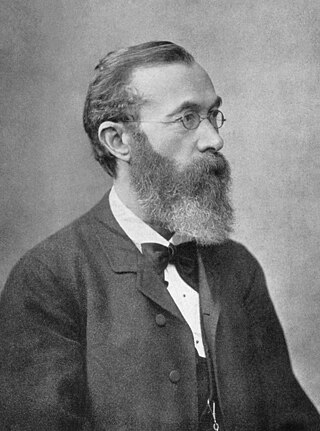
Wilhelm Maximilian Wundt was a German physiologist, philosopher, and professor, one of the fathers of modern psychology. Wundt, who distinguished psychology as a science from philosophy and biology, was the first person to call himself a psychologist.

Friedrich Eduard Beneke was a German psychologist and post-Kantian philosopher.

Jakob Friedrich Fries was a German post-Kantian philosopher and mathematician.
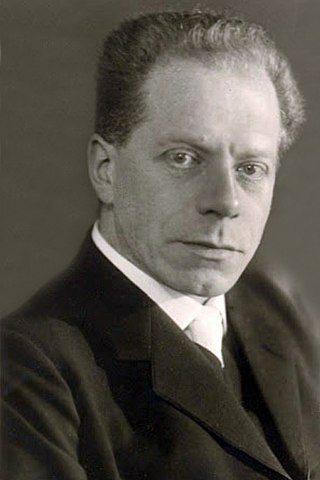
Leonard Nelson, sometimes spelt Leonhard, was a German mathematician, critical philosopher, and socialist. He was part of the neo-Friesian school of neo-Kantianism and a friend of the mathematician David Hilbert. He devised the Grelling–Nelson paradox in 1908 and the related idea of autological words with Kurt Grelling.
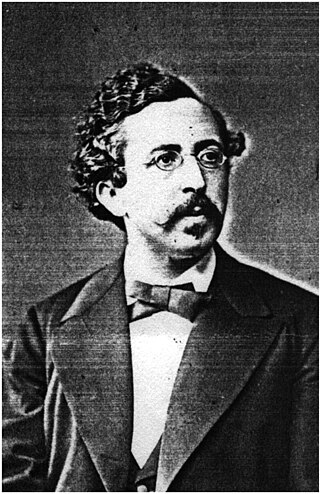
Hermann Cohen was a German Jewish philosopher, one of the founders of the Marburg school of neo-Kantianism, and he is often held to be "probably the most important Jewish philosopher of the nineteenth century".

Ernst Alfred Cassirer was a German philosopher. Trained within the Neo-Kantian Marburg School, he initially followed his mentor Hermann Cohen in attempting to supply an idealistic philosophy of science.

Wilhelm Dilthey was a German historian, psychologist, sociologist, and hermeneutic philosopher, who held Georg Wilhelm Friedrich Hegel's Chair in Philosophy at the University of Berlin. As a polymathic philosopher, working in a modern research university, Dilthey's research interests revolved around questions of scientific methodology, historical evidence and history's status as a science.

In late modern philosophy, neo-Kantianism was a revival of the 18th-century philosophy of Immanuel Kant. The neo-Kantians sought to develop and clarify Kant's theories, particularly his concept of the thing-in-itself and his moral philosophy.

Wilhelm Windelband was a German philosopher of the Baden School.

Heinrich John Rickert was a German philosopher, one of the leading neo-Kantians.

Otto Liebmann was a German neo-Kantian philosopher.

Otto Selz was a German psychologist from Munich, Bavaria, who formulated the first non-associationist theory of thinking, in 1913. Influenced by the German phenomenological tradition, Selz used the method of introspection, but unlike his predecessors, his theory developed without the use of images and associations. Wilhelm Wundt used the method of introspection in the 1880s, but thought that higher-level mental processes could not be studied in the scientific laboratory.
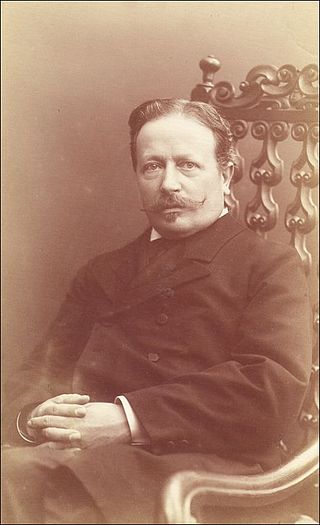
Georg Theodor Ziehen was a German neurologist and psychiatrist born in Frankfurt am Main. He was the son of noted author, Eduard Ziehen (1819–1884).
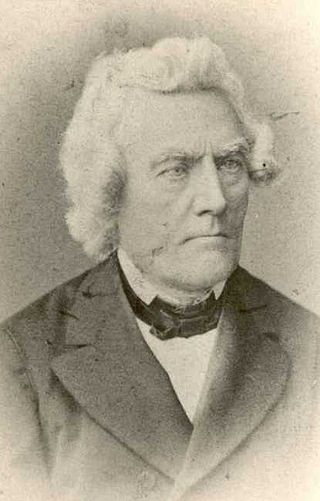
Moritz Wilhelm Drobisch was a German mathematician, logician, psychologist and philosopher. His brother was the composer Karl Ludwig Drobisch (1803–1854).
Willy Moog was a German philosopher and educator.

Rudolf Eisler was an Austrian philosopher.

Salomo Friedlaender was a German-Jewish philosopher, poet, satirist and author of grotesque and fantastic literature. He published his literary work under the pseudonym Mynona, which is the German word for "anonymous" spelled backward. He is known for his philosophical ideas on dualism drawing on Immanuel Kant, and his avant garde poetry and fiction. Almost none of his work has been translated into English.

Stephan Witasek (1870-1915) was an Austrian philosopher noted for his contribution to the development of the Graz School. He is cited as the most talented psychologist of the school and was groomed as Alexius Meinong's successor. Witasek is noted for developing a theory of aesthetics within the Graz School's abstract object theory.
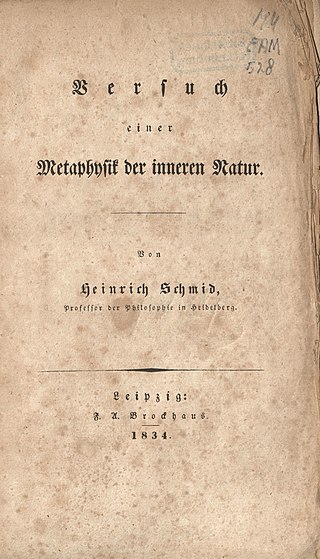
Versuch einer Metaphysik der inneren Natur is a book written by German author Heinrich Schmid (1799–1836). It was published by Brockhaus Leipzig in 1834. In this book, Schmid attempts to develop a metaphysical account of humans' inner nature, the soul, in terms of general laws. These laws, Schmid proposes, should be based on empirically gathered knowledge about inner nature. He argues, that with the formulation of such laws, psychology, the science of the human soul, should become a natural science like physics. Schmid's ideas build heavily on the philosophy of Immanuel Kant, for which he was criticized. He belonged to the philosophical school surrounding Jakob Friedrich Fries, whose ideas are associated with Neo-Kantianism. Schmid's theories, especially concerning memory, were adopted by Sir William Hamilton, whose philosophy was discussed by John Stuart Mill at the end of the 19th century. Wilhelm Wundt and his contemporaries still used methods similar to Schmid's structured introspection once psychology was founded as an independent discipline in 1879.
References
- 1 2 Rodney Parker (2018). "Theodor Elsenhans". In Andrea Staiti; Evan Clarke (eds.). The Sources of Husserl's 'Ideas I'. Walter de Gruyter GmbH & Co KG. pp. 13–15. ISBN 978-3-11-055159-4.